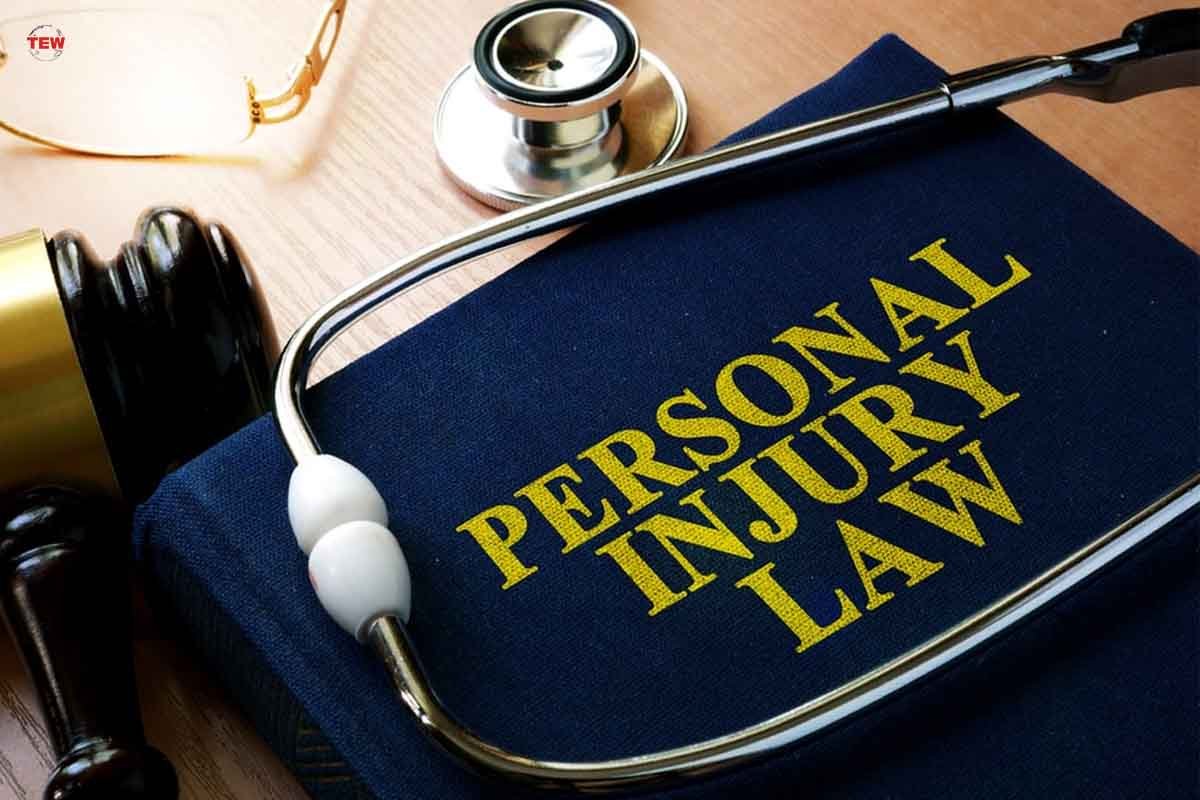In the vibrant city of Atlanta, unexpected accidents can disrupt the daily rhythm. For those navigating the aftermath of a personal injury, understanding the nuances of pursuing a claim becomes crucial. While medical bills are often considered integral in such cases, many individuals in Atlanta may find themselves wondering if they can seek justice without them.
In Atlanta, as in other jurisdictions, alternative forms of evidence other than medical bills can be crucial. From non-medical documentation, such as photographs and witness testimonies, to expert analyses, there are various avenues to establish the validity of your claim. In this blog, we’ll explore such alternatives and discuss how a personal injury law firm in Atlanta can help secure adequate compensation in personal injury trials.
Understanding the Basics of a Personal Injury Claim

To determine if you can pursue an injury claim without bills, it is essential to grasp the fundamental aspects involved in such cases. Generally, four key factors contribute to personal injury claims:
1. Duty of Care: Businesses, entities, or individuals who owe others a duty of care should reasonably. Prevent harm.
2. Breach of Duty: When someone fails to fulfill their duty of care and acts negligently or recklessly, it may give rise to grounds for an injury claim.
3. Causation: The breach of duty must directly cause harm or injuries to another individual.
4. Damages: Under laws, it is not necessary for the plaintiff to have harm or damages that qualify for compensation.
The Significance of Medical Bills in Personal Injury Claims
While medical bills are often evidence in injury cases, they are not a mandatory requirement to take legal action against a responsible party. Medical expenses are significant as they showcase the extent and cost of your injuries, aiding both settlement negotiations and court proceedings. However, they alone do not determine liability in a personal injury lawsuit.
Alternative Types of Evidence in Personal Injury Claims

1. Non-Medical Documentation
Besides bills, there are forms of documentation that can help establish the validity of your claim and demonstrate the impact of your injuries.
- Photographs or videos depicting the accident scene highlighting any conditions or contributing factors.
- Testimony from witnesses who witnessed the incident and can provide an account.
- Police report that record statements were made at the accident site.
2. Expert Witness Testimonies
In instances, expert analysis can be beneficial for injury cases to confirm causation and prove negligence. These experts may include accident reconstruction specialists, engineers, medical professionals, or economic analysts who can assess both the short- and long-term effects caused by your injuries.
3. Keeping a journal of your recovery
Maintaining a diary to document your journey after an accident can offer insights into various aspects, such as the level of pain you experience, emotional distress, limitations in daily activities, and the overall challenges you face due to the injury.
4. Reviewing records
If you had existing medical conditions that were worsened by the incident in question, it can be helpful to gather previous medical records that highlight this aspect. These records can provide support for your claim.
Seeking Guidance from Injury Lawyers

When it comes to navigating injury laws and building a strong case, it is essential to consult with a qualified personal injury attorney. They have the expertise and experience necessary to thoroughly assess your situation, offer legal help, and identify legal options, even if there are minimal or no medical bills available for your case.
Conclusion
The absence or limited availability of bills should not discourage individuals from pursuing a personal injury claim. While medical expenses play a role in demonstrating damages resulting from an accident, other forms of evidence, such as medical documentation and expert testimonies, can also contribute significantly to proving liability. By seeking advice from a personal injury attorney specializing in this field, individuals without medical bills can still seek justice for injuries caused by someone else’s negligence.
Remember that each situation is different, so feel free to seek advice that suits your specific circumstances.


















